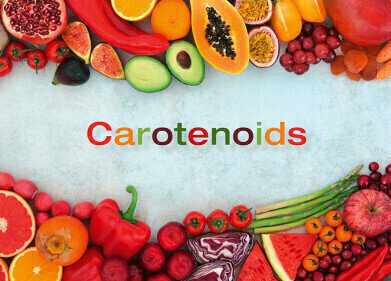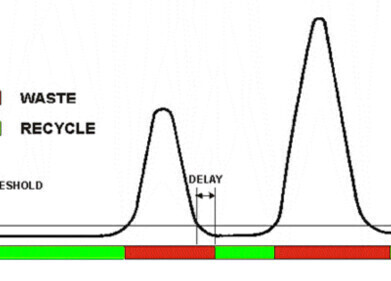HPLC, UHPLC
Stroke — Can Chromatography Help Recovery?
Nov 24 2015
Strokes are one of the biggest killers in the UK — with over 110,000 cases every year it is the third biggest cause of death after heart disease and cancer. But what are strokes, what causes them, how do I avoid them and how exactly can chromatography help recovery from a stroke?
Stroke — the background
A stroke is a serious medical condition that occurs in the brain when its blood supply is cut off. The loss of a blood supply causes the brain’s cells to start dying — it is this that causes the impairments we associate with a stroke.
There are two main causes of strokes:
- A blood clot blocking an artery causing a loss of blood to the brain and is known as an ischaemic stroke. This is the type of stroke that affects the majority of stroke patients.
- If a blood vessel supplying the brain bursts, the brain can be starved of oxygen. This type of stroke is known as a haemorrhagic stroke.
There are many risk factors associated with strokes, and although you can have a stroke at any age the likelihood increases with age. The usual suspects that can lead to many different illnesses also increase your risk of having a stroke: smoking, lack of exercise, poor diet and being overweight.
The effects of a stroke depend on the type of stroke and which area of the brain is affected. For example — reducing the pressure in the brain if it’s a haemorrhagic stroke or taking medication to dissolve any blood clots. Prevention of strokes for most people involves living a healthy life with exercise and a good diet or by using medication of there is an underlying condition. A recent article
Chromatography — helping to improve the recovery
Strokes can have a significant impact on both physical and cognitive functions. Although physical impairments can be identified at an early stage, cognitive impairments are harder to determine. They typically rely on scans and tests that rely on the patient’s cooperation — something they might not be able to give in the immediate aftermath of a stroke.
A paper published in Molecular BioSystems looks at the identification of biomarkers that could indicate post-stroke cognitive impairment. The paper, Potential of serum metabolites for diagnosing post-stroke cognitive impairment, discusses how the team used ultra-high performance liquid chromatography coupled with mass spectrometry to compare potential biomarkers between healthy and post-stroke patients.
The team found that it is possible to determine the differences in certain biomarkers between healthy, cognitively impaired stroke patients and non-cognitively impaired stroke patients. As they state in the paper:
Early diagnosis of cognitive impairment after stroke will help better prognostic and personalized treatment.
A recent article in Chromatography Today, Quantitative Multiplex Analysis of Low-level Cytokine Expression, discusses work on a biomarker that could play a role in strokes and other diseases
Take a look at the stroke information on the NHS Choices site and one day you could help to save a life.
Image via Wikimedia Commons
Digital Edition
Chromatography Today - Buyers' Guide 2022
October 2023
In This Edition Modern & Practical Applications - Accelerating ADC Development with Mass Spectrometry - Implementing High-Resolution Ion Mobility into Peptide Mapping Workflows Chromatogr...
View all digital editions
Events
Apr 23 2024 Kintex, South Korea
Apr 23 2024 Seoul, South Korea
Apr 28 2024 Montreal, Quebec, Canada
May 05 2024 Seville, Spain
May 15 2024 Birmingham, UK














